Keeping Older Poodles Fit: Creative Exercise Ideas
Not having regular exercise in your senior Poodle's schedule is going to drastically affect his health status sooner or later. He can potentially become prone to wellness issues that can range from lethargy and reduced muscle strength to more serious health conditions like canine diabetes and heart disease.
What's really alarming is that these problems can have an impact on all golden-aged Poodle varieties. Whether it's Standard Poodles, Miniature Poodles or perhaps Toy Poodles, not giving these dogs enough exercise can take a toll on their overall quality of life in the long run.
We've put together this blog post to help Poodle owners set up a simple and practical workout routine for their senior dogs. If you're a Poodle parent looking to give your precious pet great exercise each and every time, then make sure you follow along.
Let's start things off by having a quick look at why keeping your senior dog active is crucial.
Your Senior Dog Still Needs Regular Exercise
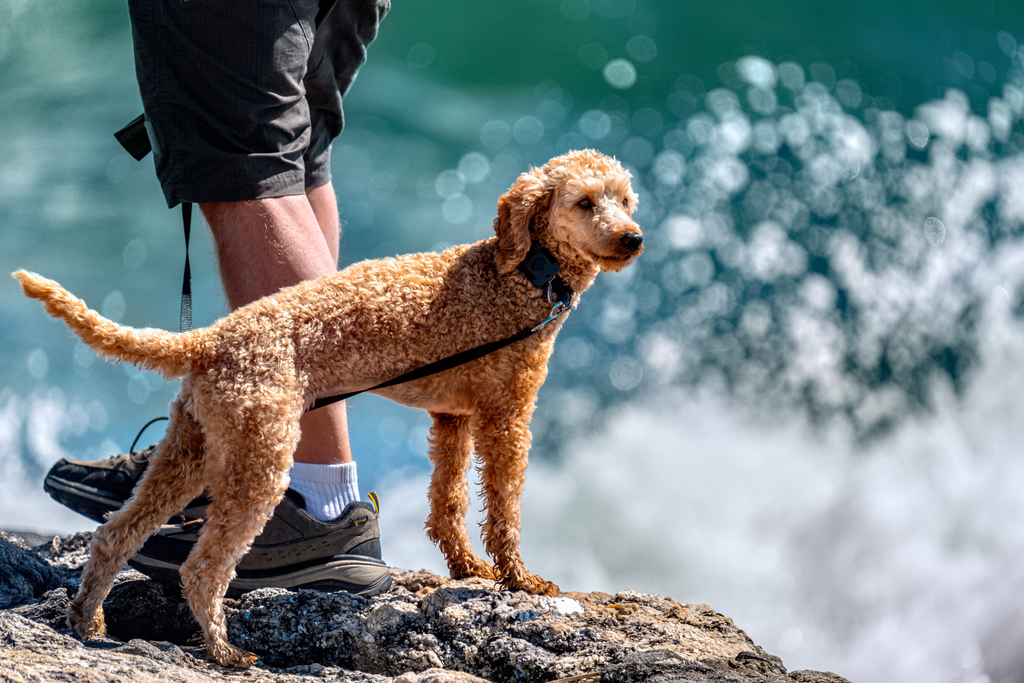
Unlike what a lot of dog owners mistakenly believe, giving your pooch a workout on a regular basis is still necessary even during his senior years. Interestingly, this primarily has to do with the several changes taking place in his body all at once.
Aging Poodles are constantly experiencing physical and mental changes.
See, a lot of changes will happen as a dog ages. These won't just have an impact on his physical health, but on his mental wellness, too. These changes can possibly lead to health problems if your pet is missing out on proper and regular exercise.
While we usually see the physical side of things like the appearance of a duller coat and less shiny eyes, a beyond adult Poodle will also go through internal changes like a slower metabolism rate, a more sensitive digestive function as well as weakening bones and joints.
Moreover, old dogs also have a higher risk of cognitive decline and other mental health problems at this point of their lives.
Maintaining an active lifestyle for your senior dog helps keep health issues in check.
Regardless if you have a senior Standard Poodle, Miniature Poodle, or perhaps a tiny Toy Poodle, establishing a regular workout routine is aimed at supporting your pet's overall immune system health. A lot of older dogs in the Poodle breed tend to become easy targets for disease and illness because of this key factor.
Apart from keeping wellness issues in check, having a strong immune system also helps give the quality of life your canine companion deserves during his golden years. Your older dog could be in for some unexpected wellness drawbacks before you know it if regular light exercise isn't on your daily checklist.
Your Aging Toy Poodle (Or Other Poodle Varieties) Need More Than Just Physical Exercise
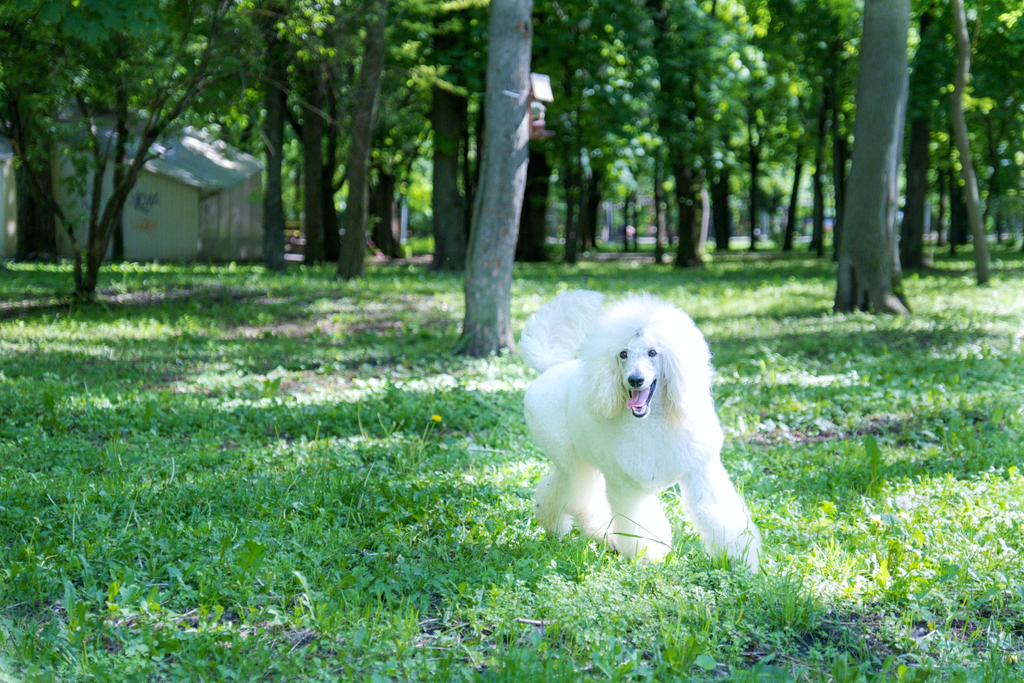
When it comes to the word "exercise," most people tend to associate it with a dog's activity in a physical manner. But the thing is mental stimulation also plays a key role in the whole thing. To fully satisfy senior Poodle exercise requirements, mental and physical stimulation should always go together.
Mental exercise is important in a senior Poodle's life, too.
At its simplest, mental stimulation pertains to activities that encourage mental enrichment for your canine best friend. Besides allowing him to experience new sights, sounds, smells and tactile sensations, this can be also used as an opportunity for obedience training.
Most dogs in their senior years become more susceptible to mental wellness issues like undue stress, anxiety, and even depression because their minds are not exercised as they should. Additionally, many dogs tend to have a much higher risk of Canine Cognitive Dysfunction (CCD) because of this.
The Downsides of Not Giving Senior Dogs a Regular Workout
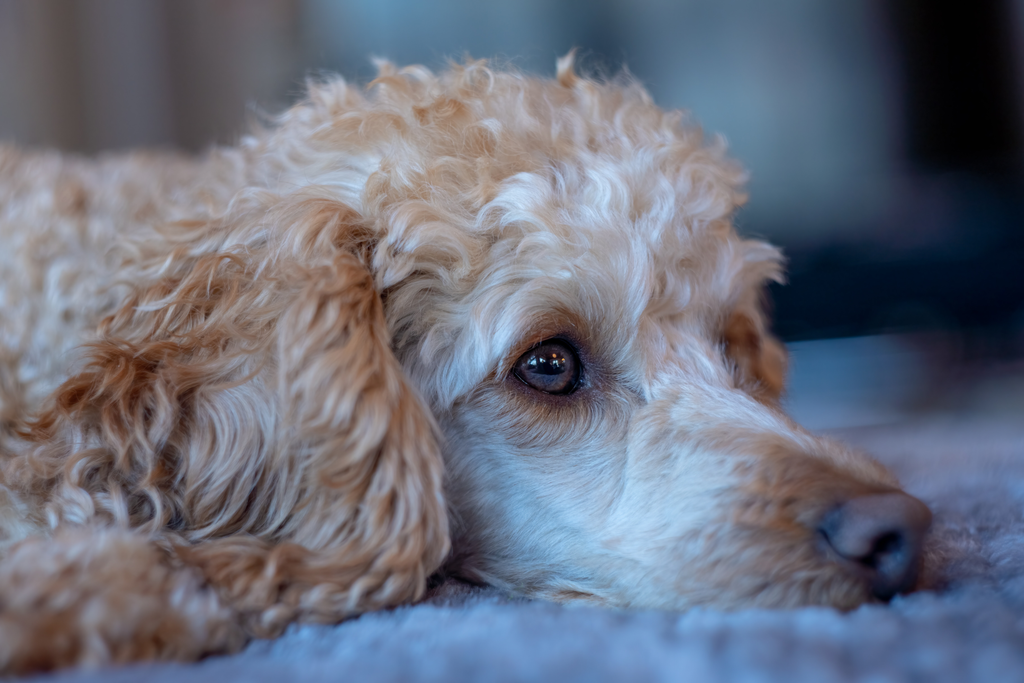
Like we've emphasized earlier, not giving older dogs the exercise they need can eventually lead to a number of wellness issues. Mind you, these problems are not to be brushed off in any way since they can become serious before you know it if not dealt with properly.
Below you will find the common health conditions that your aging Standard Poodle, Miniature Poodle or Toy Poodle can be at risk of if he isn't getting the regular workout he needs. Depending on their overall wellness, most dogs often experience two (2) or three (3) of these drawbacks simultaneously:
Weight issues
A beyond adult dog typically takes on a more sluggish metabolism rate. This basically refers to how fast his body can convert food nutrients into usable energy. While your aging Poodle may not be that energetic compared to a Poodle puppy or a juvenile adult, his metabolism rate can be stimulated whenever your dog moves—in this case, physical exercise—on a regular basis.
Allowing the metabolism rate of your golden-aged Poodle to significantly drop will subsequently result in obesity, which can trigger the onset of conditions like diabetes, high blood pressure and heart problems.
On the other hand, it is also important to take note that giving your beyond adult dog too much exercise can already be counterproductive. This can potentially lead to over-exercise, which can also make your pooch lose weight more than he should. We will discuss this one more in detail in just a bit.
Muscle weakness and deterioration
While it is expected that an older dog can be highly vulnerable to the loss of muscle mass, the lack of a proper and regular workout routine can make things even worse. There is a possibility that his muscles, particularly those located in the limbs, will deteriorate or even significantly shrink in size if they are not utilized on a regular basis.
Some cases of loss of muscle mass in aging dogs can be so extreme to such an extent that it will result in severe muscle atrophy, which already requires comprehensive physical therapy. Other dogs having this condition may even be at risk of paralysis, especially when the same is neglected for a considerable amount of time.
Gastrointestinal problems
Due to the number of physiological changes happening in their body, many dogs in their golden years will experience gastrointestinal problems like poor digestion, bloating, gassiness, constipation and even diarrhea. This is especially true when a senior dog does not have a proper and balanced diet.
The absence of exercise in your senior Poodle's schedule can affect how his body breaks down food and absorbs nutrients from the same. The lack of physical and mental stimulation can also have a negative effect on your pet's gut microbiome, which increases his risk of gastrointestinal issues.
Cognitive decline and other mental health issues
If there is one common denominator between a Poodle puppy and your old dog, it's having pent-up energy to get rid of. Dogs of all ages typically do away with this surplus energy through exercise. And not doing so on a regular basis can make them prone to a lot of stress, anxiety, and depression.
Moreover, your aging pooch can be also at risk of Canine Cognitive Dysfunction (CCD), which is akin to dementia in humans. Besides disrupting your pet's ability to process thoughts and remember things, CCD can also disrupt deep sleep and social behavior.
Although not all Poodles will be affected by CCD, the risk of cognitive decline and other mental health issues are still going to be present. Other dogs may not even display any symptoms of this condition until it's too late.
Reduced life expectancy
If you can't remember the last time you took your aging Poodle to the dog park or when you engaged him with indoor games or perhaps play fetch, chances are he has a sedentary lifestyle. This makes him highly vulnerable to obesity, which can also set off wellness conditions such as diabetes, hypertension, and cardiovascular issues in the long run.
Let's say you have a senior Standard Poodle, which normally has a life expectancy of twelve (12) to fifteen (15) years. Do you think your aging canine companion can still live that long if he's going to be afflicted with these health issues?
Significant negative impact on overall quality of life
As pet parents ourselves, we have an ideal outlook of what the quality of life of our canine best friends should be. But the thing is if these wellness issues due to the lack of a regular workout routine get in the picture, it's going to be apparent that we won't be able to realize this outlook at all.
If you're looking to really keep your dog happy and healthy, making sure his exercise needs are satisfied is a must. Just to reiterate, the absence of the same can and will drastically affect his overall quality of life before you know it.
What is "Proper Exercise" for Aging Poodles?
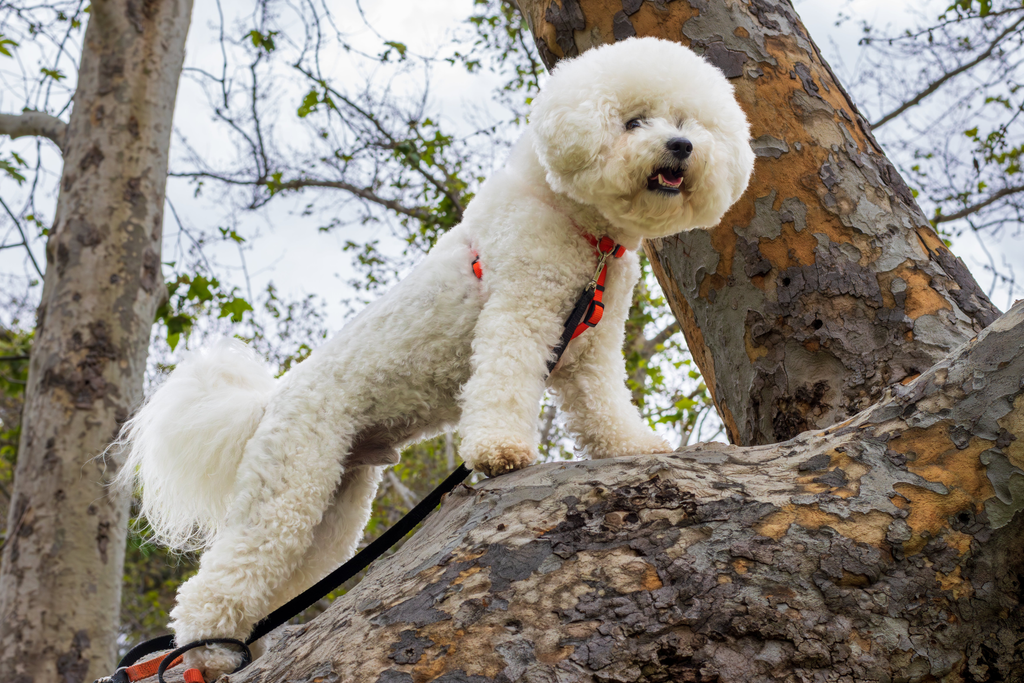
Compared to the exercise you engage your Poodle puppy or juvenile adult dog in, the workout you should give much older dogs of the breed must be lighter and low-impact in nature. This means that instead of being extremely intense, you should take things down a notch.
Here's a quick example to guide you: while senior dogs love to go on walks, make it a point to adapt the activity based on their age and if there are any underlying wellness conditions present. This is aimed at making your pet enjoy the activity, while also maximizing its wellness benefits at the same time.
Instead of going on long walks when your pooch was still younger, a short stroll around the neighborhood will suffice. The important thing to remember here is that regardless of the activity you engage your pet in, it must be lighter, low-impact, and regular to harness its benefits.
How Much Exercise Should You Give Senior Toy Poodles and Other Poodle Varieties?
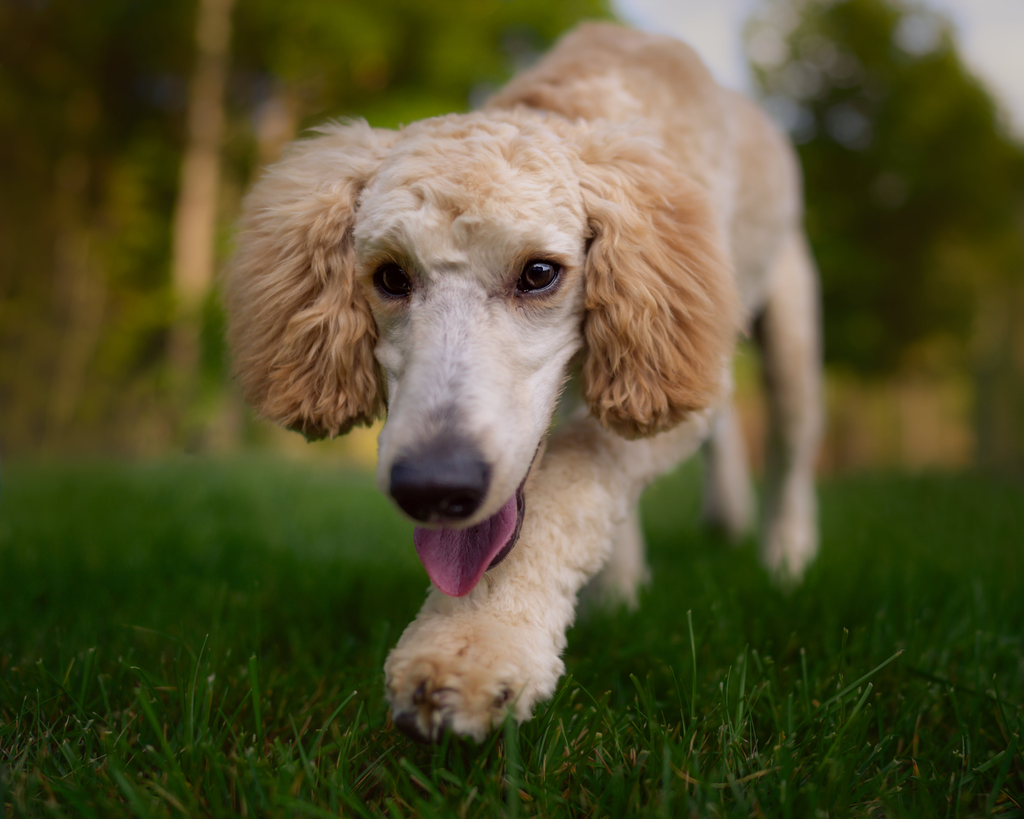
If we're being honest, there is really no hard and fast rule when it comes to determining how much exercise your aging Poodle needs. Some Standard Poodles may require a certain period for working out, while other dogs of the breed may need either a shorter or a longer time for the same.
However, we recommend setting your workout time for at least thirty (30) minutes to an hour. This already gives your pet enough time to release pent-up energy, while also allowing him to fully utilize his muscles and exercise his mental side as well.
Don't forget to have regular breaks in between, too. We recommend giving your pet at least ten (10) minutes of rest when you notice that he isn't that responsive or participative already. While giving your dog water is ideal, take it easy on the snacks and treats.
We'd just like to stress the importance of having a specific timetable when giving your much older pooch a workout. Apart from preventing the possibility of over-exercising your dog, having such a timetable can also help you appropriately set the best time to engage him in a workout.
Top Exercise Ideas for Older Poodles Your Pet Will Love
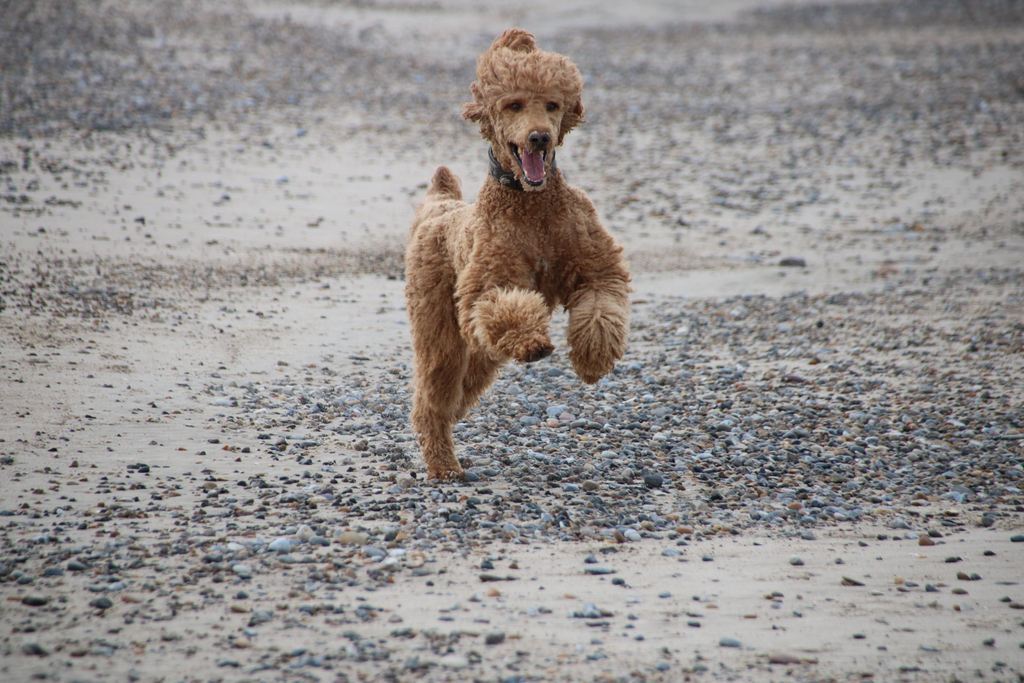
For this part of our discussion, we will get you in on the best ideas for engaging your beyond adult Poodle in exercise. These are intended to be as dog-friendly as possible to make things convenient for you and your aging pooch. Some of these pointers are applicable if you have a young puppy, too.
#1. Get in touch with an expert first.
Before you actually set about with a workout routine for aging dogs, it is crucial to get in touch with a pet wellness expert or veterinarian first. Apart from helping you pinpoint certain health issues, they can also recommend the appropriate activities like gentle games that you can engage your pooch in.
#2. Be mindful of your aging pet's body language.
Akin to other animals, your senior dog will exhibit certain gestures and movements that will give you an idea if he likes the activity you are doing or if he's already tired and needs a break. Examples of these include lessened responsiveness and alertness as well as a significant reduction in energy levels.
One thing that we'd like to highlight is observing your aging Poodle's nose. If it's already getting dry, it means that it's either your dog is already getting dehydrated or even overexerting, especially during free play.
Additionally, this is really useful when you play fetch or have a toned down game of tug-of-war where things can get intense.
#3. A balanced diet is essential for a senior Poodle.
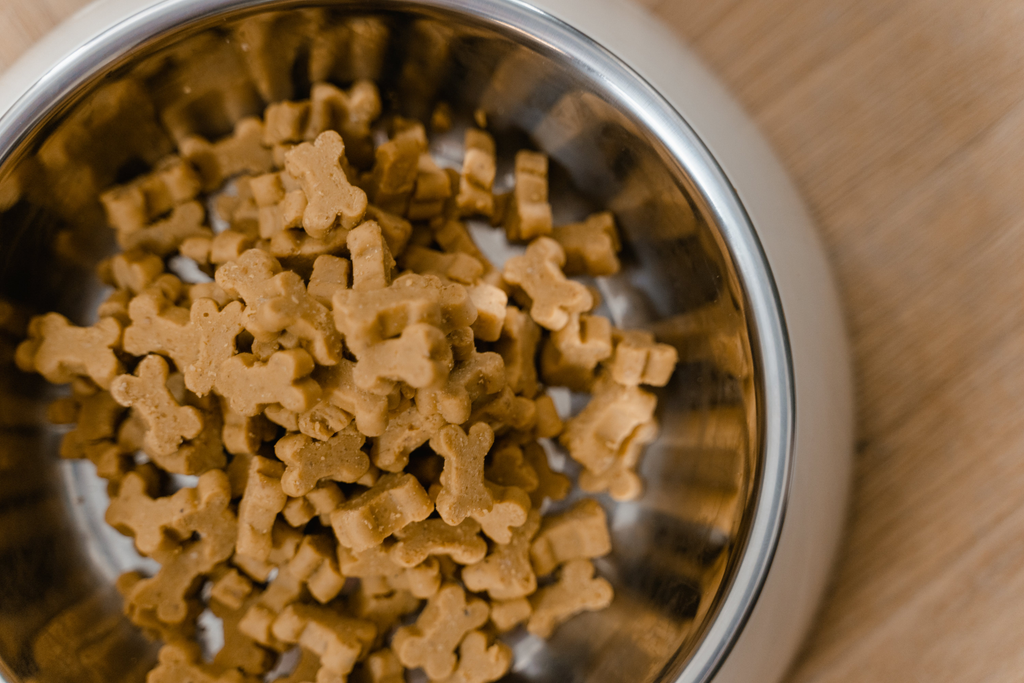
A proper and balanced diet is essential to complement your senior pet's exercise plan. Make sure you only give him the right food options as well as the appropriate servings each and every time. This is because an aging Poodle's diet regimen can easily make or break his regular workout routine.
If you're still having a tricky time determining which foods your golden-aged dog can and cannot eat, click here to check out a comprehensive list of the important things you should keep in mind. Consulting a vet or a pet homeopathy professional as regards the same is also a smart idea.
#4. Daily walks can do a lot of wonders.
Walking is perhaps the most straightforward low-impact exercise that aging dogs can get in on. Besides allowing them to fully utilize their muscles, walking also helps them have a breath of fresh air while experiencing new smells, sounds, sights, and tactile sensations.
However, it is crucial to take note that aging dogs will prefer that you walk slowly rather than the usual brisk walk Poodle puppies and juveniles like. Having a regular walking schedule is also a must since Poodle dogs love—regardless of age—tend to stick to a routine.
#5. Include puzzle toys in your senior pet exercise checklist.
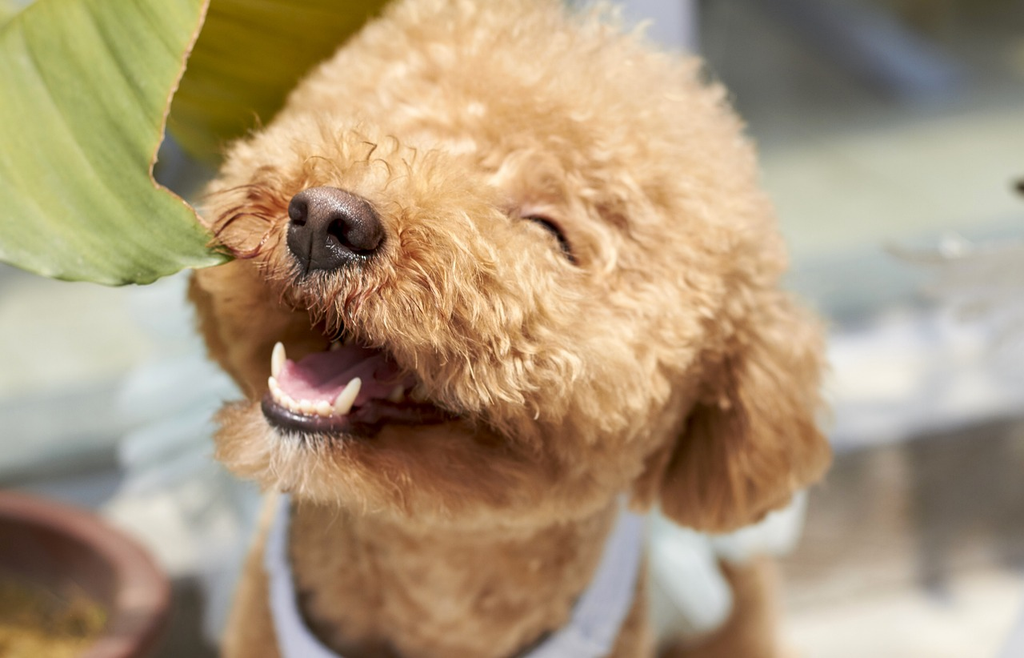
One easy way to integrate mental stimulation into the workout routine of your aging dog is by getting your hands on puzzle toys. These are interactive in nature (like Kong toys) and will easily stimulate your pet to use his thinking skills as well as his imagination in no time.
A key attribute of puzzle toys is that they are designed to help get rid of your older dog's boredom, which is deemed as a primary cause for stress and anxiety. The brain exercise will also help keep cognitive decline and similar mental wellness issues in check.
#6. Swimming will give your much older dog a total workout.
What's really interesting about swimming is that it gives your aging pooch the opportunity to fully maximize the range of motion that his limbs can do without putting too much stress on his joints. This activity can also help promote muscle strength and mass.
It is important to remember, though, that using a canine life vest is a must regardless of the location or the size of the body of water your pet is swimming in. Accidents can happen and it's better to be prepared than sorry.
#7. Who says you can't teach an old dog new tricks?
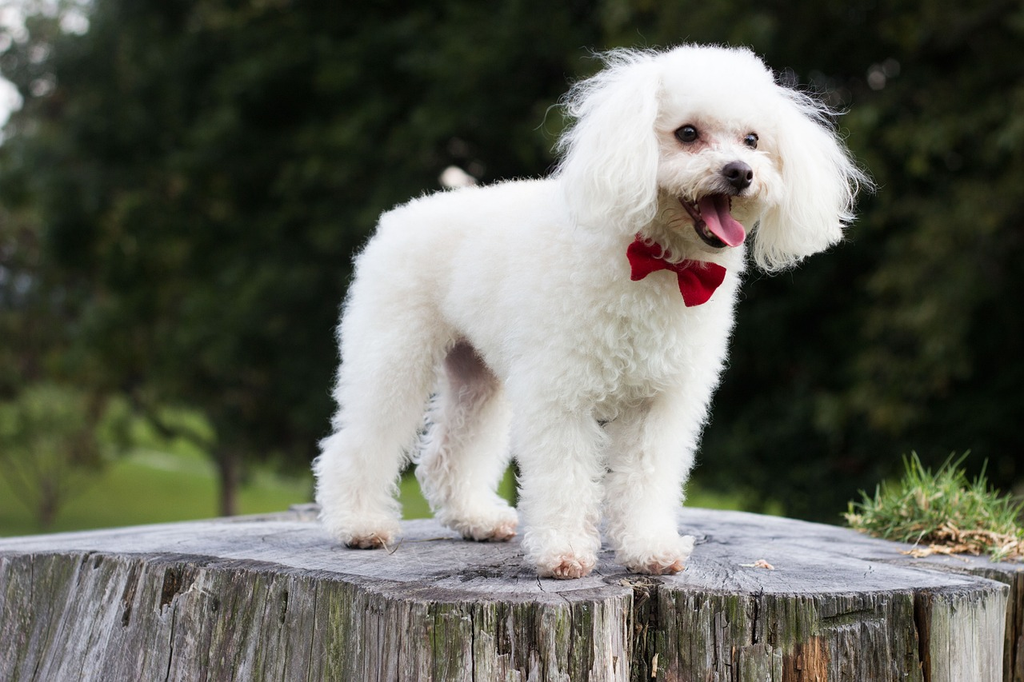
Contrary to the popular notion, an aging dog still has the ability to learn new stuff. Be it a trick, command, or perhaps nose work training, your golden-aged Poodle is going to be up for the challenge because of his inherent curious nature.
We'd just like to emphasize that tricks better suited for younger Poodles should be avoided, like riding inside a bicycle basket and making him master jumping commands. Remember that the wellness and safety of your old dog should always be your priority.
#8. Playing games indoors is a smart option.
Your senior dog won't mind if you will engage him in physical and mental exercise indoors! You can set up an indoor obstacle course or have your training sessions inside. Playing fetch can also be an option if the space is adequate and there are no furniture pieces that can be at risk of being damaged.
#9. Make sure you take frequent breaks.
As we've mentioned earlier, your aging dog will exhibit cues and gestures that he is already tired. Ignoring these can make him overexert himself, which can result in fatigue or even injury in some cases.
Giving your pet at least ten (10) minutes of rest during your workout routine is a must to make the experience enjoyable for him each and every time. You can also use this as an opportunity to give him some water to rehydrate.



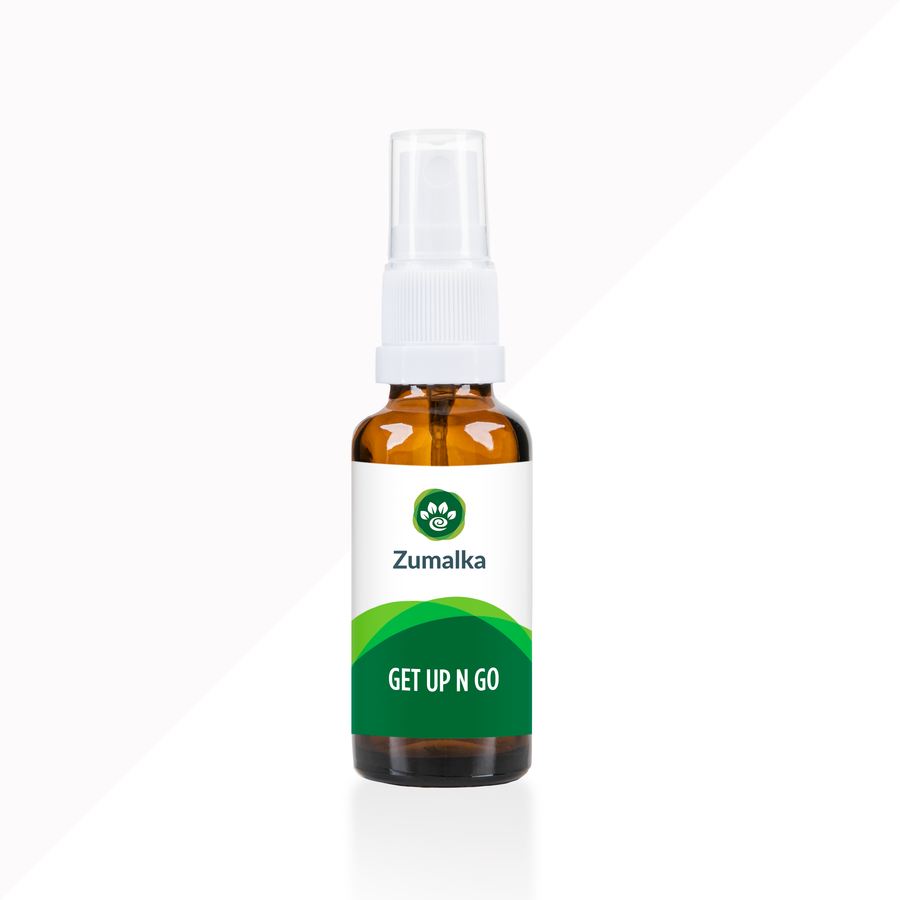
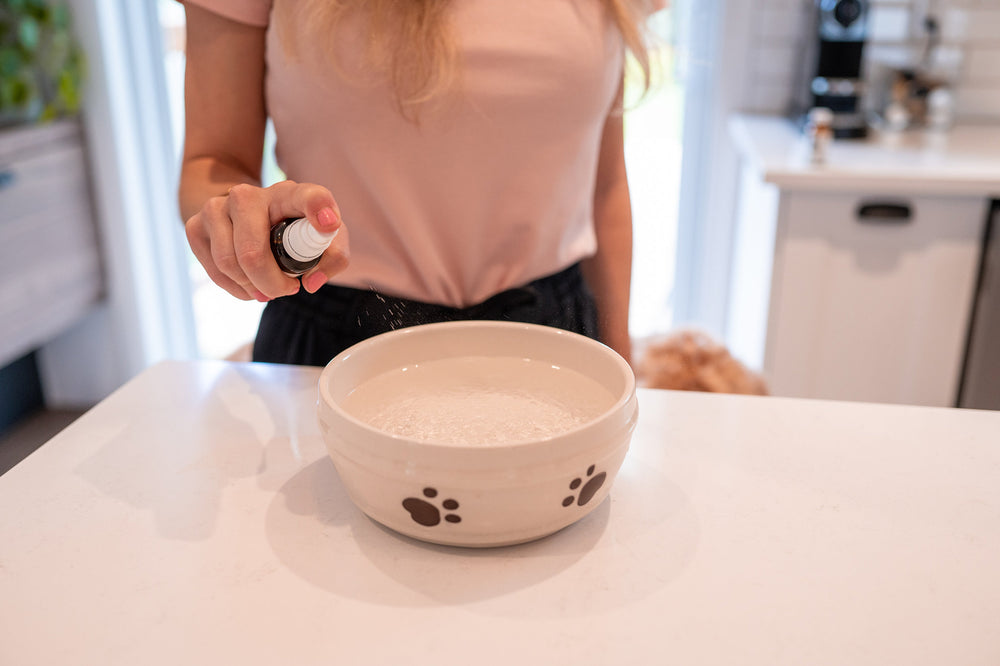


Leave a comment